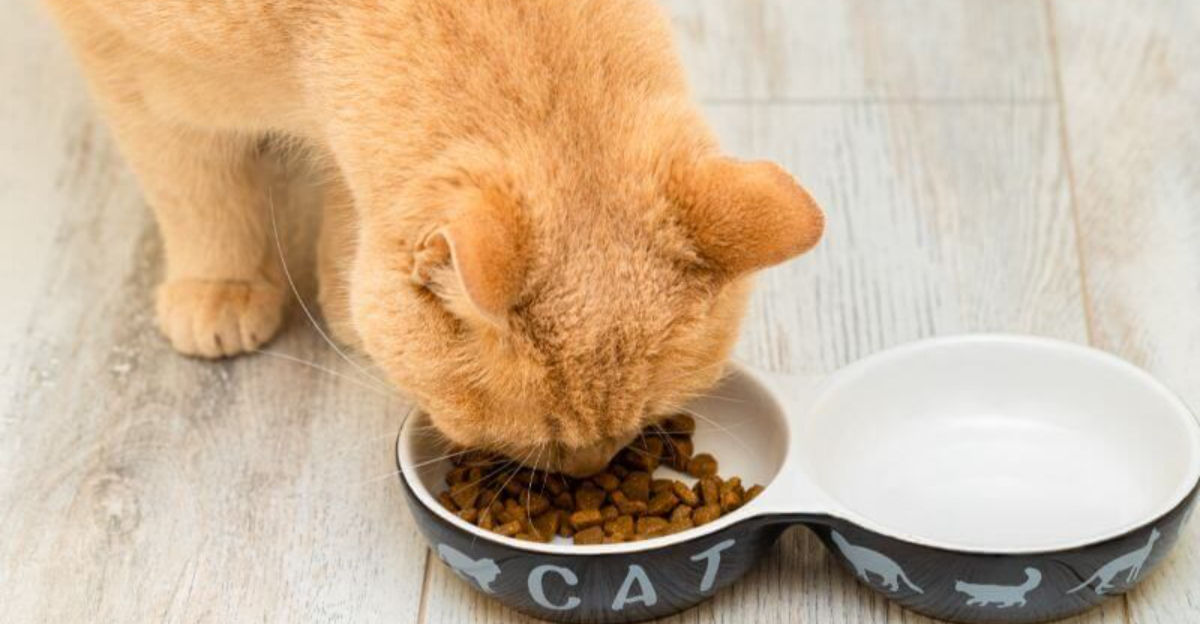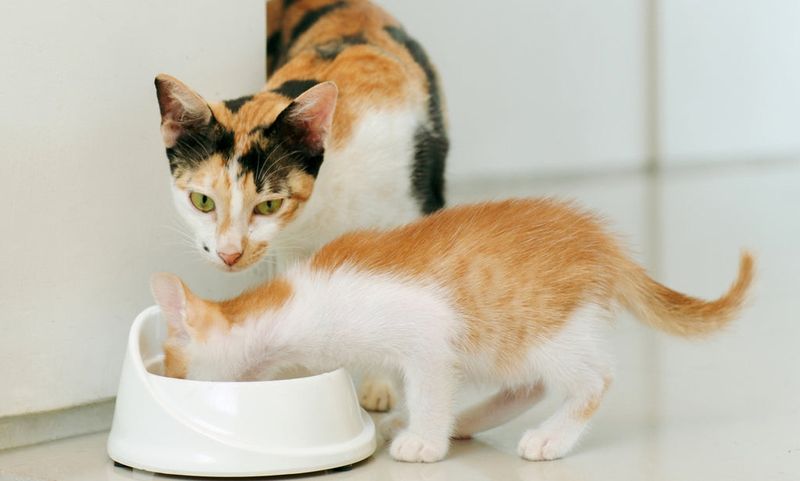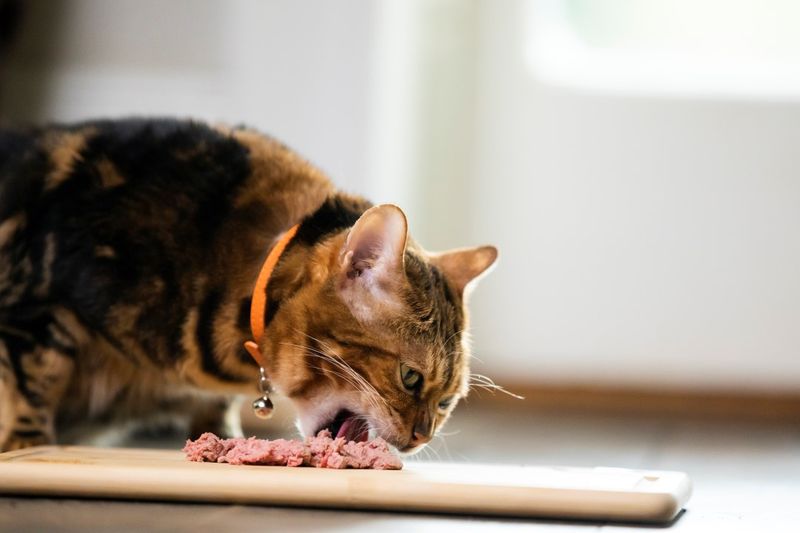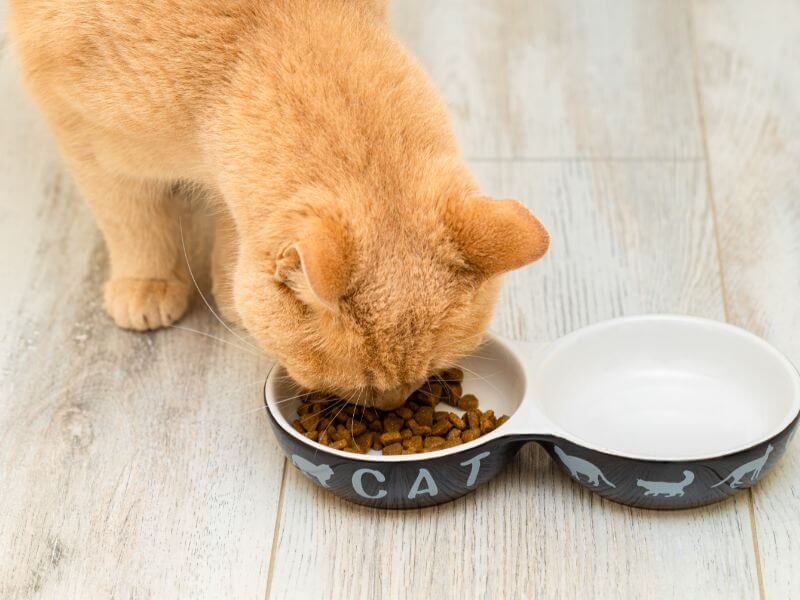📖 Table of Content:
Feeding your cat the right amount of food at the correct intervals is essential for their overall health and happiness. Whether you have a playful kitten or a mature adult cat, understanding their dietary needs can make a significant difference in their well-being. This blog post delves into the appropriate feeding frequencies for cats at different life stages, providing insights to help you tailor your feeding schedule effectively.
1. Feeding Kittens (0–6 months)
Ever noticed how kittens seem to have endless energy? They need frequent meals to support their rapid growth and high energy levels. Experts recommend feeding kittens three to four times per day. These multiple feedings help maintain their energy and prevent issues like hypoglycemia. Kittens grow quickly, and their small stomachs can only hold so much at once. Providing several meals a day ensures they receive adequate nutrition to support their development. A consistent feeding routine also helps in establishing good eating habits early on, setting them up for a healthy life.
2. Feeding Young Cats (6 months – 1 year)
As kittens grow into young cats, their nutritional needs begin to change. Transitioning to two to three meals daily is usually ideal at this stage. The shift from kittenhood to young adulthood means they no longer require as frequent meals, but regular feeding is still crucial. This stage is about gradual adjustments, ensuring they receive enough nutrients without overfeeding. Young cats are still developing, and their energy levels, although not as high as kittens, remain quite active. Monitoring their weight and adjusting portions can help maintain optimal health during this critical growth period.
3. Feeding Adult Cats (1–7 years)
For adult cats, feeding twice daily typically suffices. This frequency aligns with their natural hunting instincts, mimicking the two main hunting times in the wild. A regular feeding schedule at this age helps prevent overeating and obesity, common issues in domestic cats. Adult cats benefit from routine, as it provides predictability and security. Ensuring a balanced diet and maintaining portion control is key to their health. Adult cats are generally less active than kittens and young cats, so it’s important to adjust their food intake accordingly to their lifestyle and activity level.



